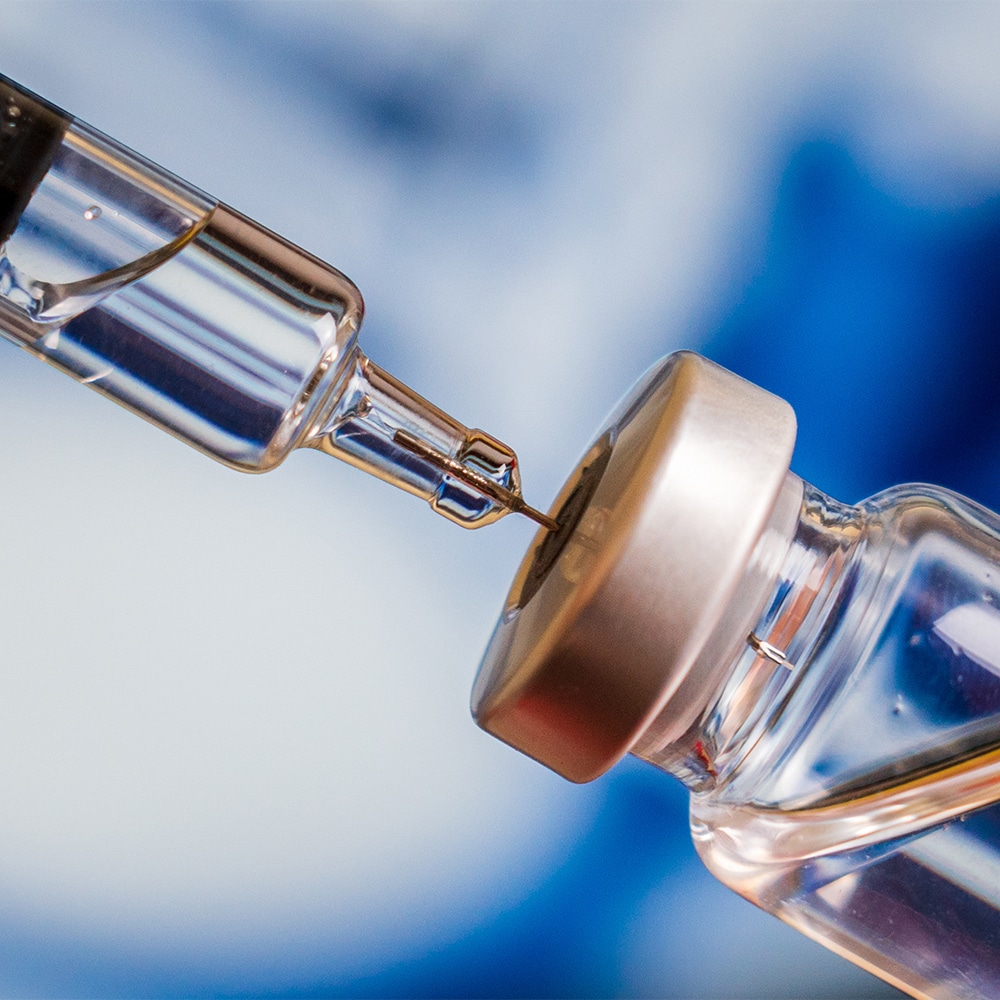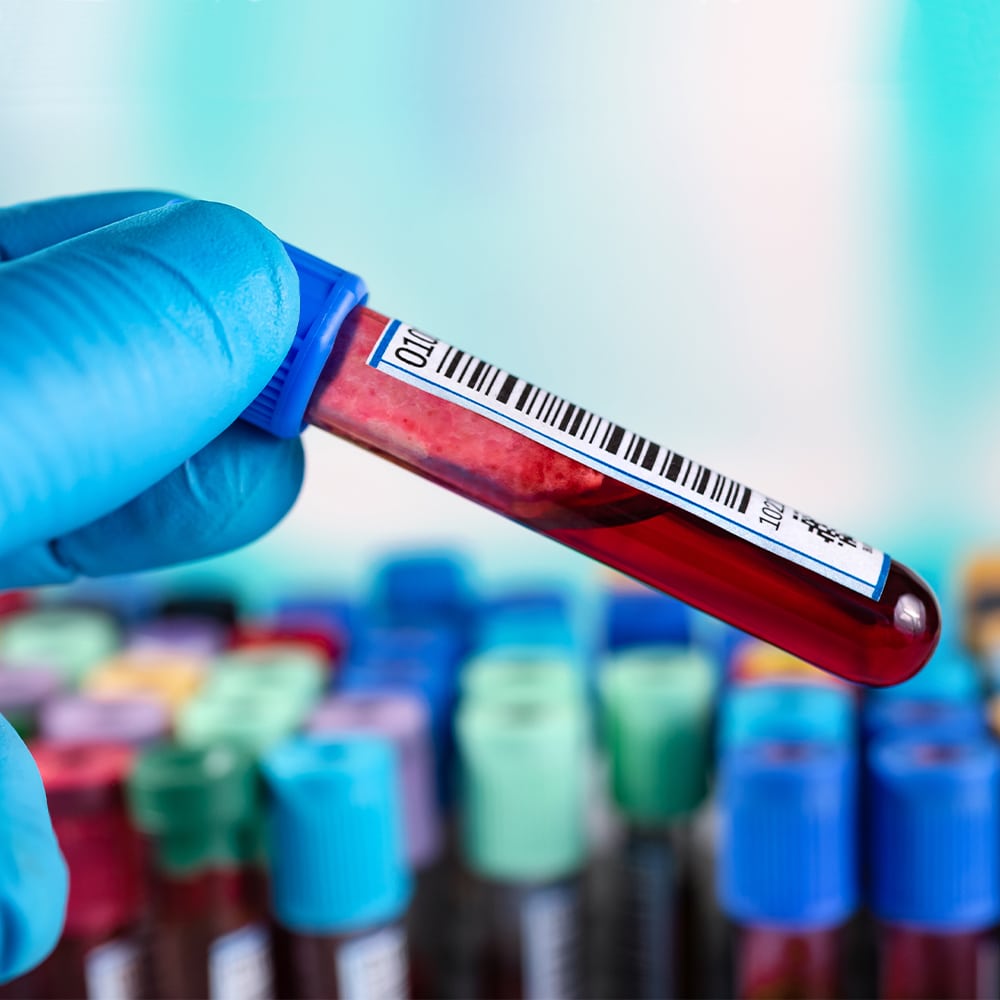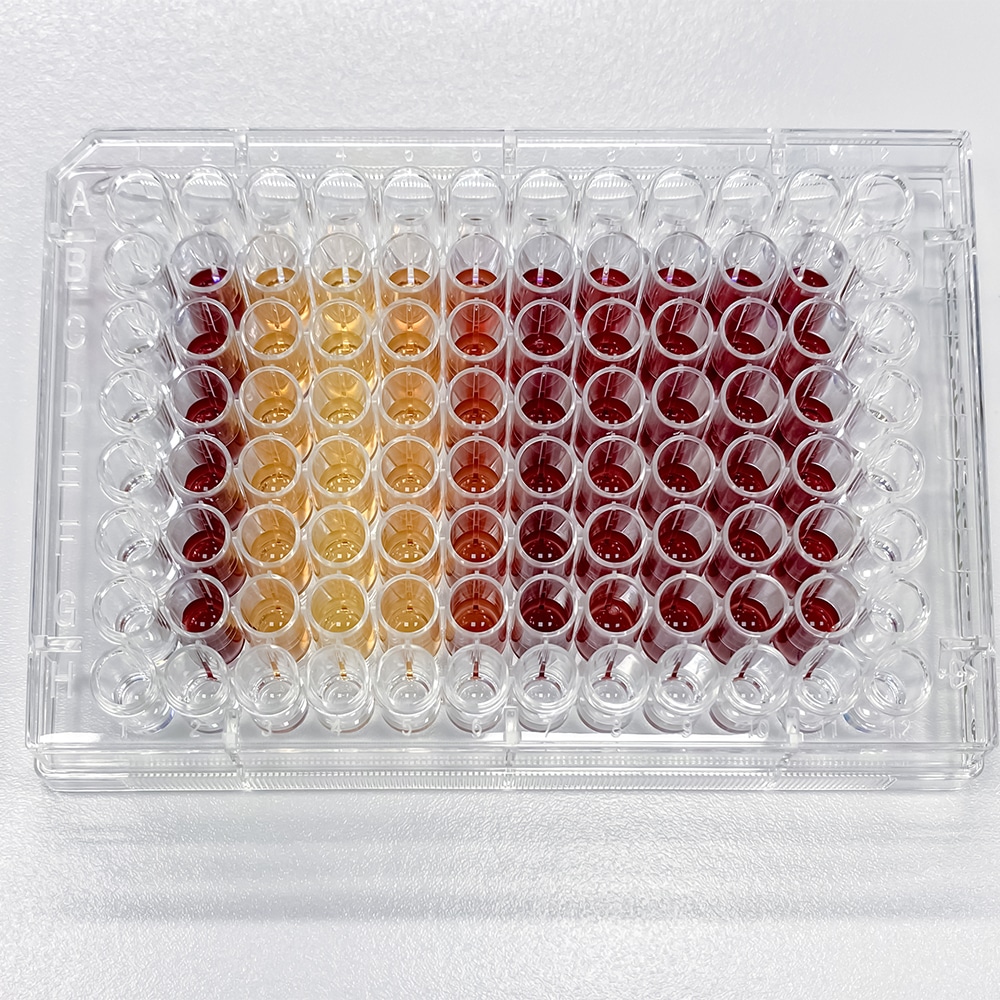summary
Understanding Pyrogens and Their Impact

What is a Pyrogen Test?
A pyrogen test evaluates whether a material induces a fever response when introduced into a biological system. ME-92 Operations recently conducted a USP Pyrogen Study on our ME-92-coated 304 stainless steel coupons to verify their nonpyrogenic properties.
The study followed United States Pharmacopeia (USP) guidelines and ISO 10993-11: Biological Evaluation of Medical Devices, which ensure compliance with international safety standards.

ME-92 Coating: Proven Nonpyrogenic
In a controlled laboratory setting, the pyrogen test involved:
- Extracting the ME-92-coated stainless steel in a sterile 0.9% sodium chloride solution
- Injecting the extract intravenously into test rabbits
- Monitoring temperature changes over three hours
Results: No Pyrogenic Response
The test concluded that ME-92-coated stainless steel showed no significant temperature increase, meeting USP guidelines for non-pyrogenicity. This confirms that ME-92 coatings do not introduce harmful pyrogens and are safe for use in medical environments.

Why Pyrogen-Free Coatings Matter

Medical devices, implants, and surgical instruments must be free from pyrogen contamination to prevent adverse patient reactions. ME-92’s biocompatible thin dense chrome ensures:
- Pyrogen-free surfaces, reducing infection risks
- Enhanced corrosion resistance for long-term durability
- Biocompatibility, making it ideal for medical and pharmaceutical applications

Partner With Us
At Armoloy, we specialize in biocompatible coatings that meet the highest industry standards. Our USP-tested, non-pyrogenic coatings help manufacturers ensure safety, compliance, and reliability in critical applications.





